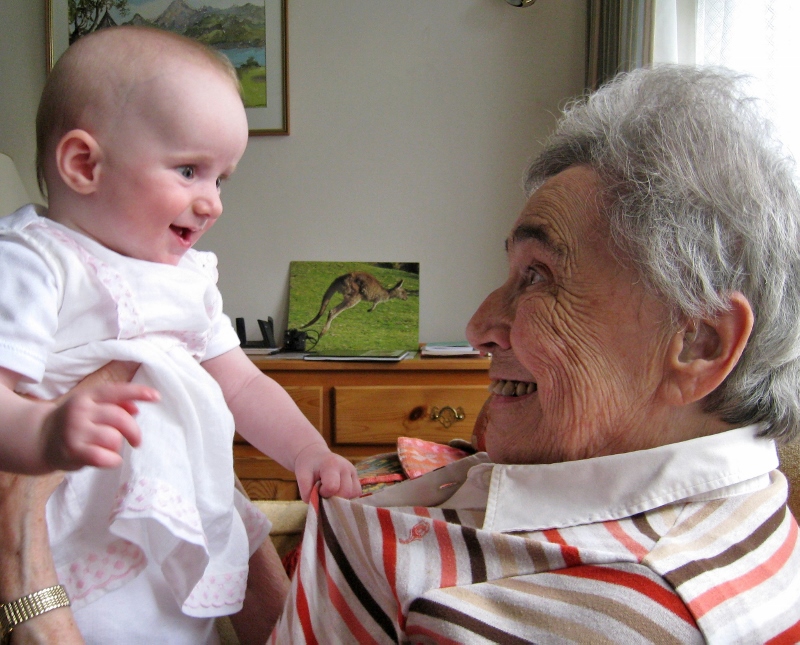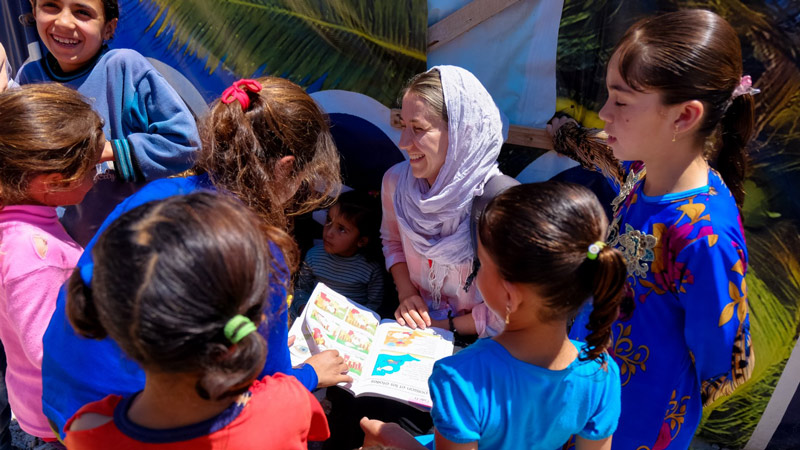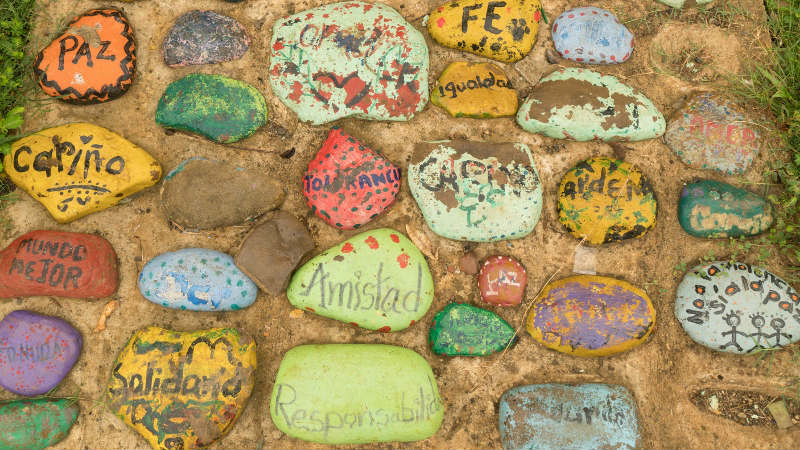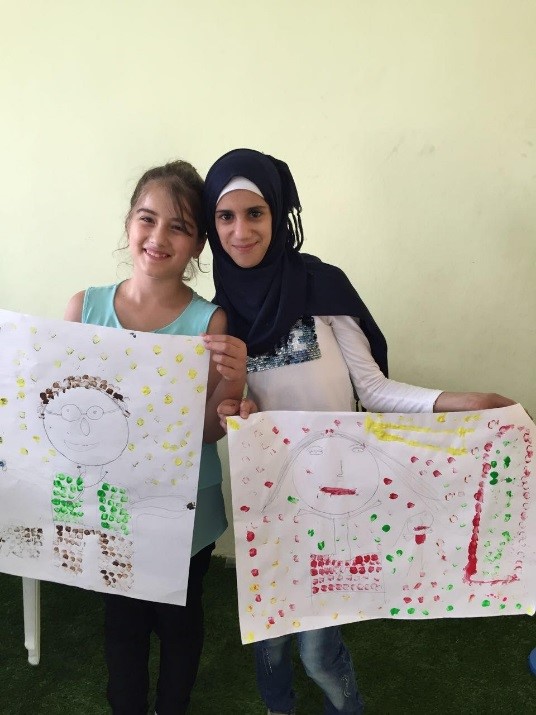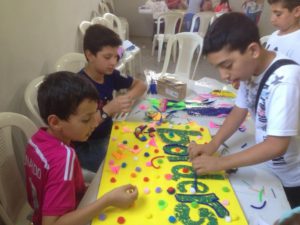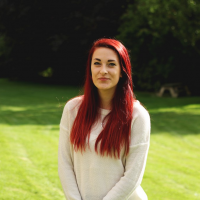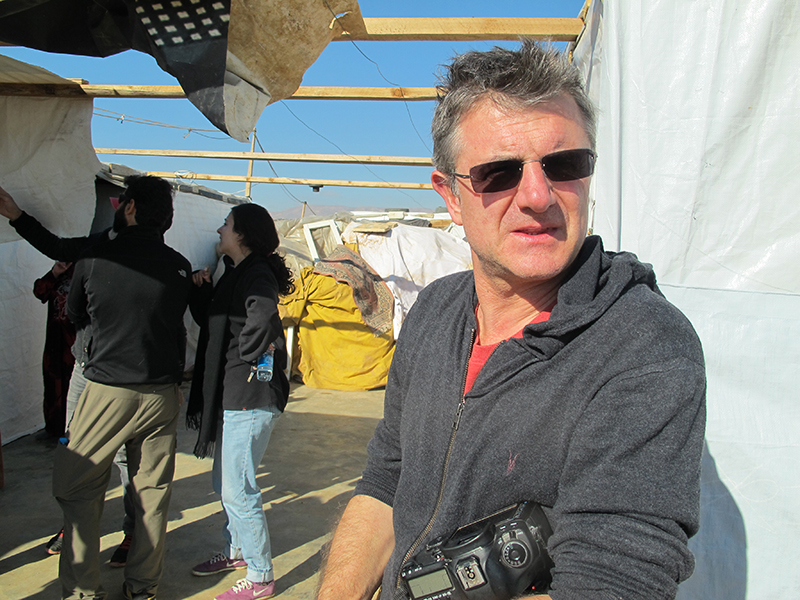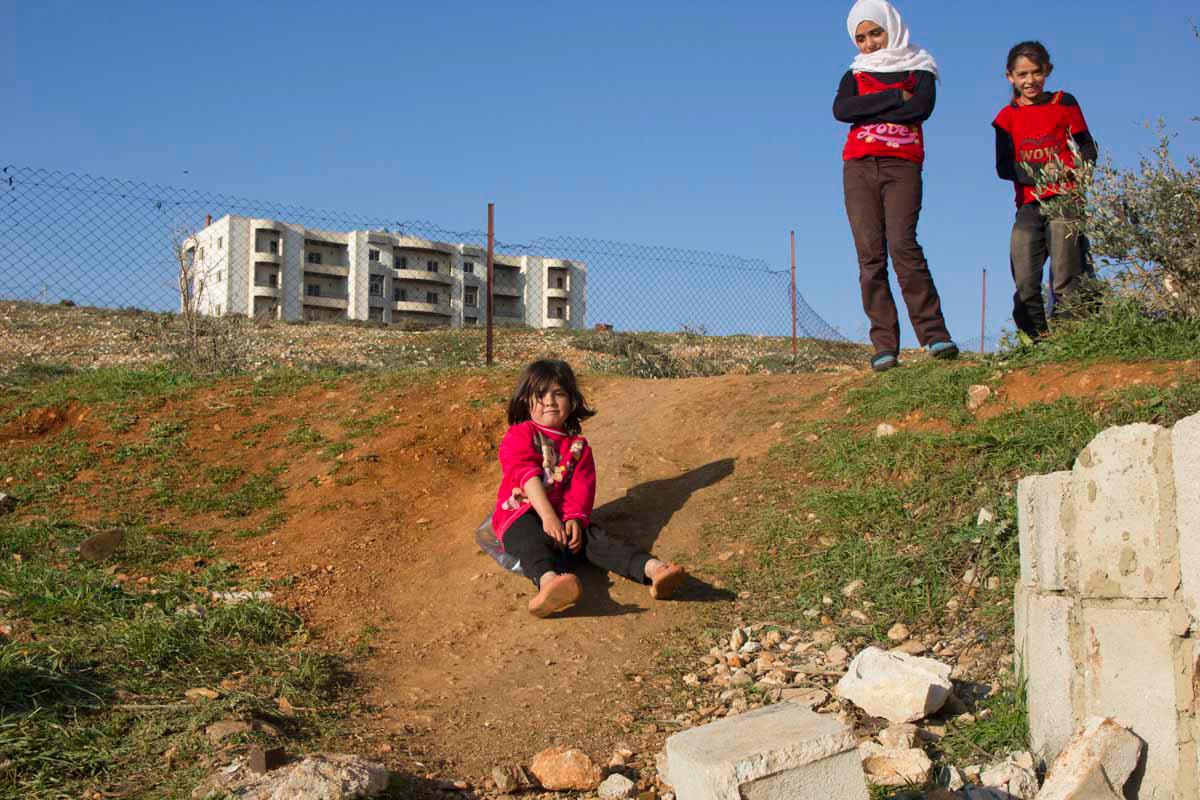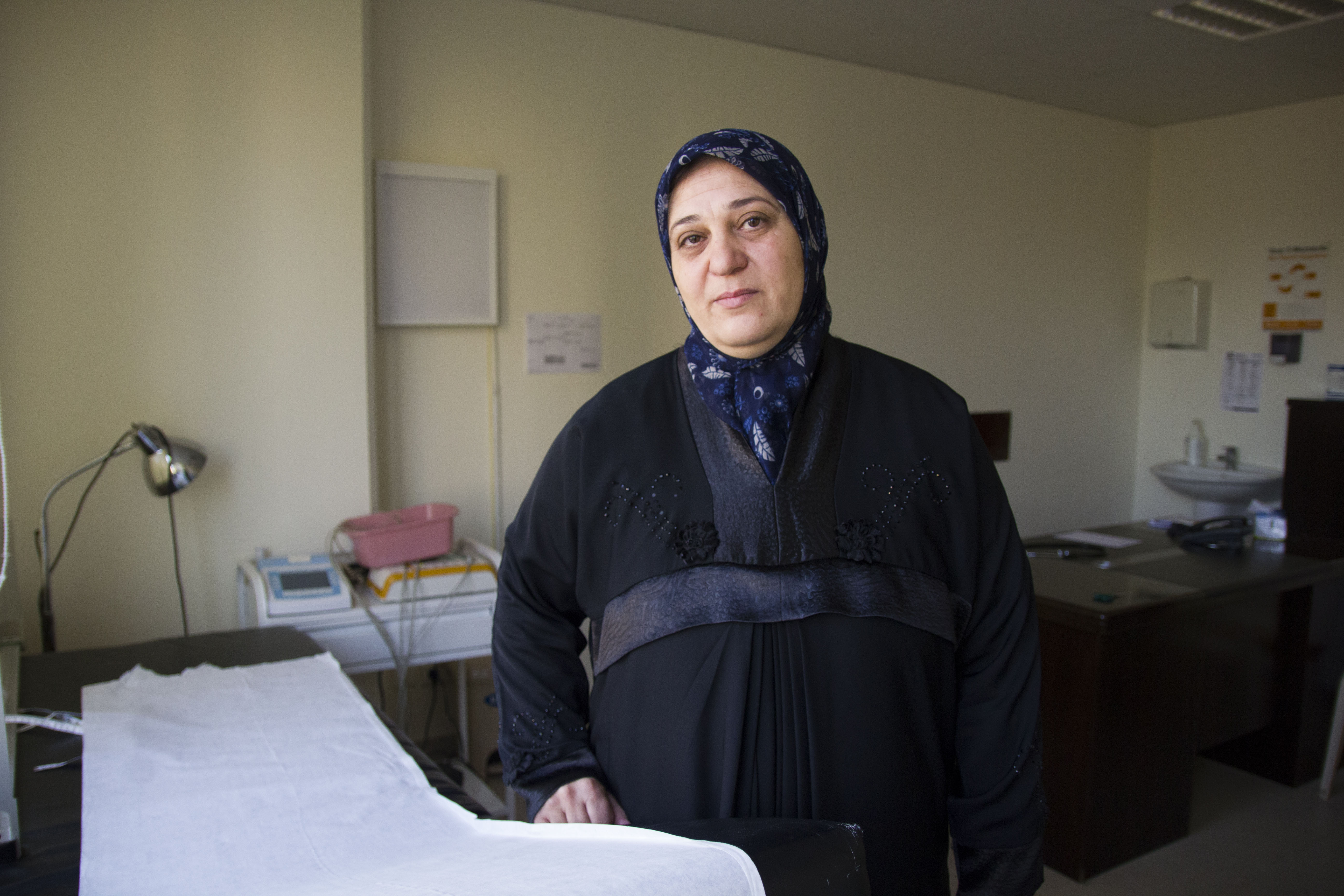September 23, 2015
 Bishop Antoine Audo, SJ is the Chaldean Bishop of Aleppo and the President of Caritas Syria. He writes:
Bishop Antoine Audo, SJ is the Chaldean Bishop of Aleppo and the President of Caritas Syria. He writes:
If you want to know why so many Syrians are seeking a new life in Europe, just come to Aleppo. Large parts of our city have been laid to waste. Bombs and rockets fall every day, and we never know when or where they will hit. We do not feel safe in our homes, in our schools, in the streets, in our churches or in our mosques. It is exhausting to live with this fear hour after hour, day after day.
Even without the shelling, life here would be almost unbearable. Throughout the summer, as temperatures have soared, people have been forced to cope without running water or electricity in their homes. Four out of five people don’t have a job, so families are not able to afford food or basic supplies. The middle-classes have become poor, while the poor are now destitute. Many of those who are still here are elderly. Almost no-one is still in Aleppo by choice: most of those who remain do not have enough money to leave.
I have been the Chaldean Bishop of Aleppo for 25 years, and it fills me with sadness to see what has happened to my city. As President of Caritas Syria, I have chosen to stay so I can lead distributions of food and emergency supplies, with support from Catholics in England and Wales and their aid agency CAFOD. But our work is becoming harder, because more and more of our staff are leaving the country. I do not blame them, but their departure makes the task of helping those in need even more difficult.
Donate to our refugee crisis appeal
In some parts of the country, we have had to suspend our operations. In 2014, my colleagues in the city of Hassakeh provided vulnerable Syrians of every faith with vouchers for food, clothes and school equipment as well as covering the costs of medical treatment. In total, they reached over 20,000 people. But this July, as the city fell to extremists, all our staff had to flee at short notice. One of my colleagues had given birth only three days beforehand. Continue reading “Why Syrians become refugees: a view from Aleppo”
